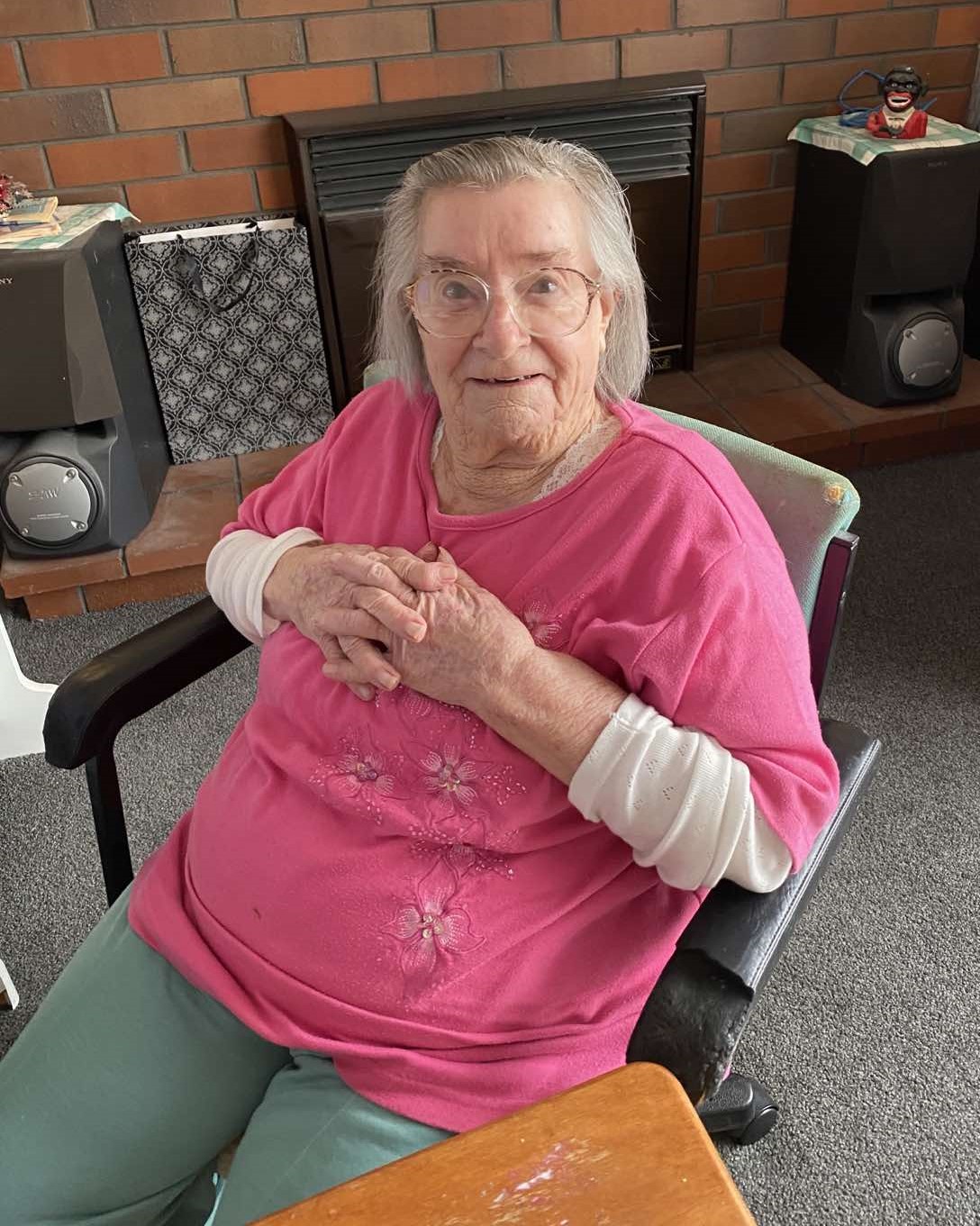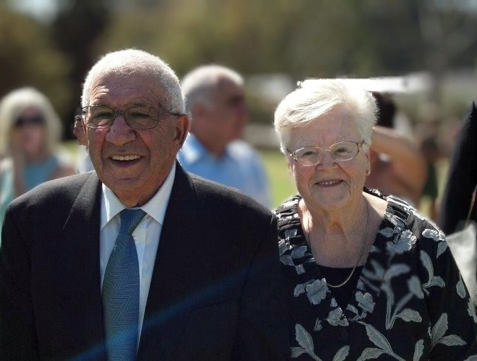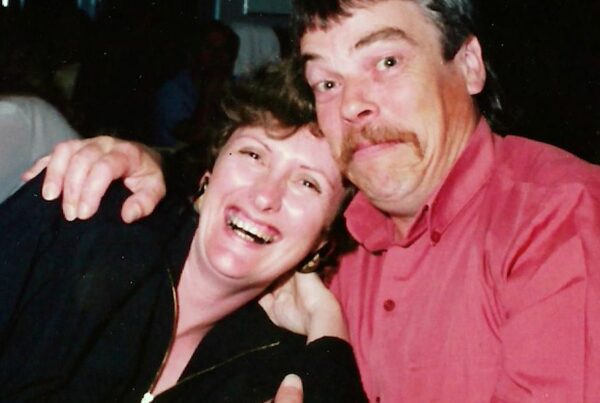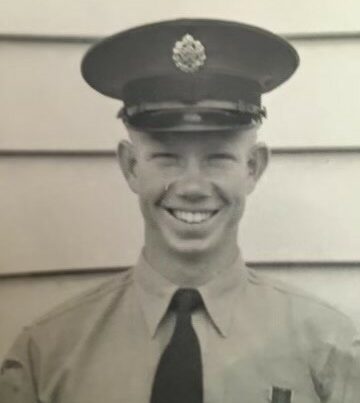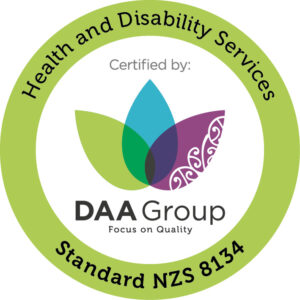Patrick is a full-time carer for his mum, Josephine, who turned 90 years’ old last year. Around three years ago she suffered what Patrick believes were a series of strokes that affected her balance, mobility, and ability to talk, eventually leaving her bedridden.
“She started to fall just doing something like reaching for a light switch,” Patrick explains. “She must have had at least ten visits to hospitals from falls, and it become a real battle to keep her upright.” Sustaining injuries from almost every fall, caring for Josephine became a tough cycle of hospital visits only for her to lose her balance again once back at home. “She’s fallen in nearly every room of the house. She’s gone through panes of glass, hit the fireplace hearth, cracked her head on the toilet… I think one time she needed sixty stitches in her head. It was such a struggle – I was trying to figure out how to look after her when she would fall doing something simple like going to the clothesline.”
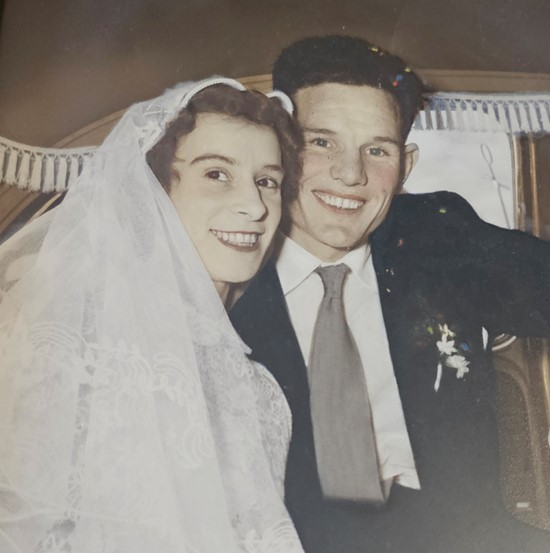
To make matters worse, Josephine began to suffer from dementia, and explaining to her that she didn’t need to get up and do the household tasks became challenging. Then one day she was unable to get out of bed and has been bedridden ever since. “I think that was about two years, and yes it’s tough but it’s also meant no more falling over,” Patrick says.
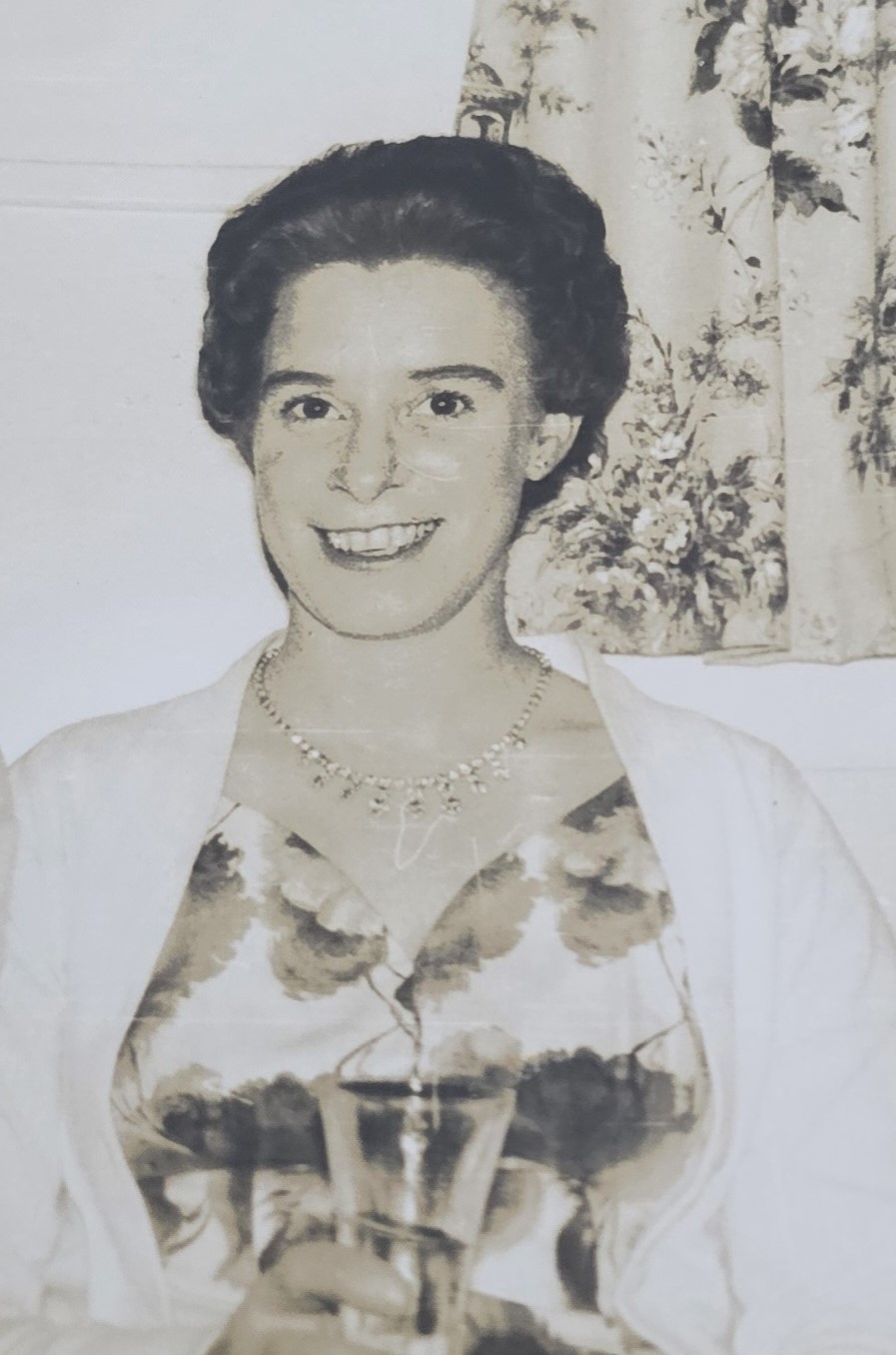
But as his mum’s condition deteriorated, basic day-to-day care became increasingly difficult for both of them. “I didn’t know what to do, then the doctors mentioned Hospice,” Patrick says. He admits he didn’t know anything about Hospice but reached out on their advice. “It’s been godsend,” he says.
Hospice has supported Patrick in caring for his mother at home. “Back when she was able to talk, I would sometimes ask her if she’d rather be in a rest home and her answer was always the same – no! And as long as you can care for them, why should they?”
With Patrick’s attitude of ‘just getting on with things’, he has tackled this next phase of his mum’s care with determination, resilience, and resourcefulness. Having watched his mum care for his grandmother in her later years, he said it’s a natural thing for their family to care for their loved ones. “I’ve watched them do it, so I thought I could do it too. But without Hospice it would be impossible. They’ve taken so much of the stress out. Hospice is where you get treated with dignity.”
Hospice West Auckland has facilitated all of the equipment Josephine needs to be cared for at home, including a wheelchair, hospital bed, commode, and lift for easier manoeuvring, as well as supplying essential consumables such as incontinence pads. They have adjusted her medication to make her more comfortable and provided physiotherapy earlier on to try to improve mobility. As well as the practical and clinical support, Patrick says that Hospice have been great at explaining what may happen further down the track: what to expect and what their options are. “Hospice have coordinated with the district nurses and mum’s GP too,” says Patrick. “They’ve made it so much easier, clarified everything. And a lot of it is trial and error but at least you’ve got a team directing you. We’d be stumped without them.”
Josephine, who turned 90 years’ old last year, used to love spending time online. “She’d spend ages on it. She would check out the death notices, go on Facebook, play solitaire – it was a real lifeline for her.” Patrick says he misses his mum’s hard-case sense of humour and banter. “It used to be: how are you today? Oh, better, better, best she’d say. I’d say, see ya later alligator and she’d say in a while, crocodile. Now she’s not mum anymore.”
If there is any advice Patrick could give to people like him who are caring for loved ones, it would be to reach out to Hospice. “We don’t have to worry as much about what comes next. We know now what to expect, and that Hospice will be there every step of the way,” he says. “And one of the things that really surprised me about Hospice is that they’re not just there for the patient, they’re there for the carer too. And being a carer is much more than a full-time job. We have a bond with our Hospice team, and we know we can call any time. You don’t feel alone.”
